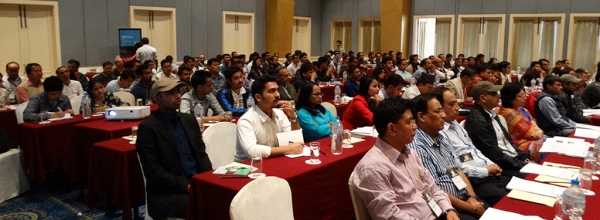The United Nations estimates that by 2050, around 70% of all people will live in cities. Managing urban areas has therefore become one of the most important development challenges of the 21st century. Providing housing, public transportation, electricity, water and sanitation for densely settled urban populations will become ever more complex and require urban planners to increasingly exploit underground space. Sustainability has become a key issue in urban development and the use of the underground can not only limit environmental impacts on the surface, but also foster economic growth and meet growing societal needs.
The United Arab Emirates Society of Engineers and the ITACET Foundation are pleased to announce a two-day training session on “The Main Opportunities and Technical Issues in Tunnelling”, as a pre-congress event within the scope of the WTC 2018.
The first day of this training session will provide an introduction to the basics of tunnelling, presenting the advantages and disadvantages of underground space use, especially in urban areas. It will provide illustrated examples from around the world and will take a look at sustainable underground solutions for urban planning. The key stakeholders in the design, construction and operation of such solutions will be presented, with a focus on the decision process and project management aspects, such as legal and compensation issues.
The second day of this event will first focus on more complex technical aspects related to tunnelling (ground investigations, main design parameters, different construction methods and their fields of application) and will then move on to look at underground structures for specific purposes (e.g. energy storage). Numerous case studies will be provided throughout the training session and discussion periods will enable interaction with the lecturers.
